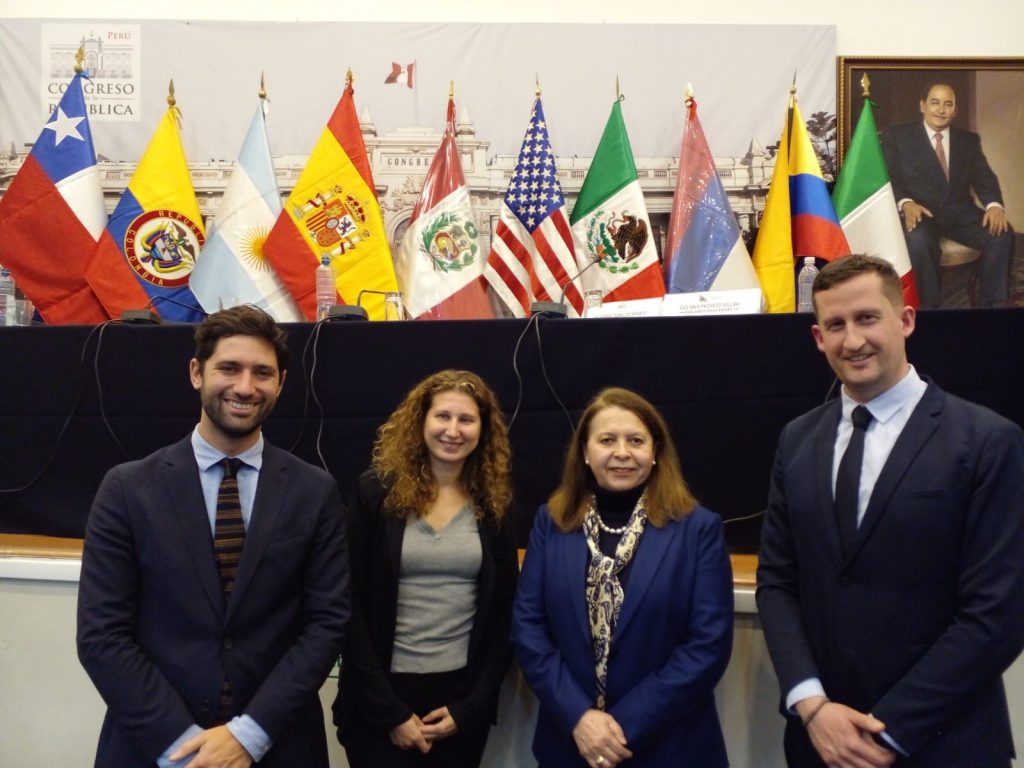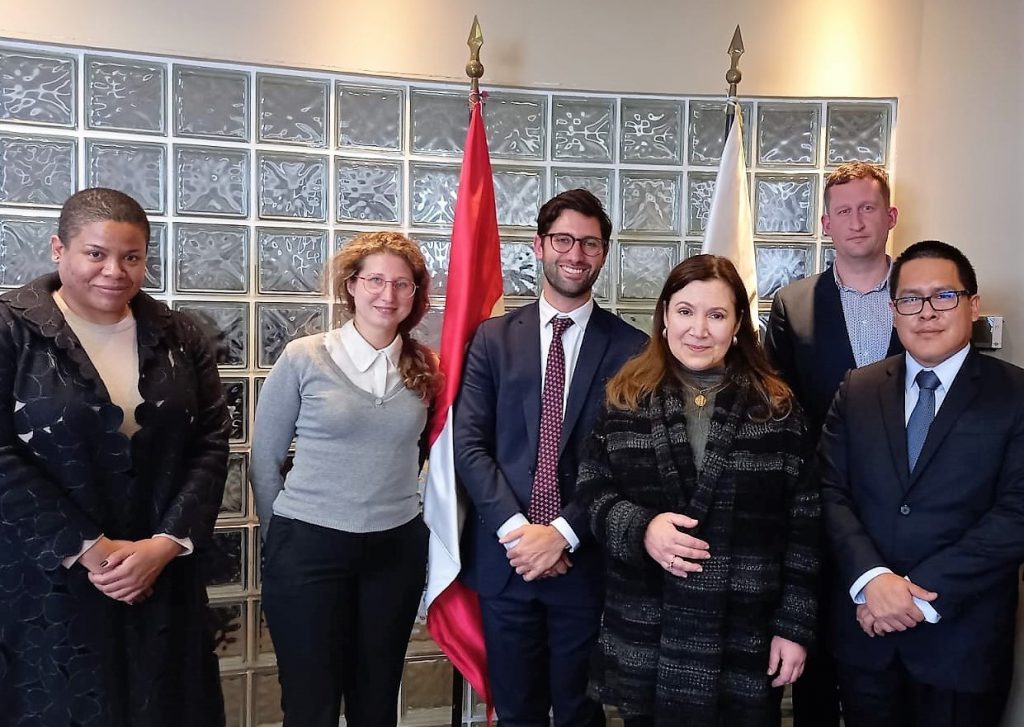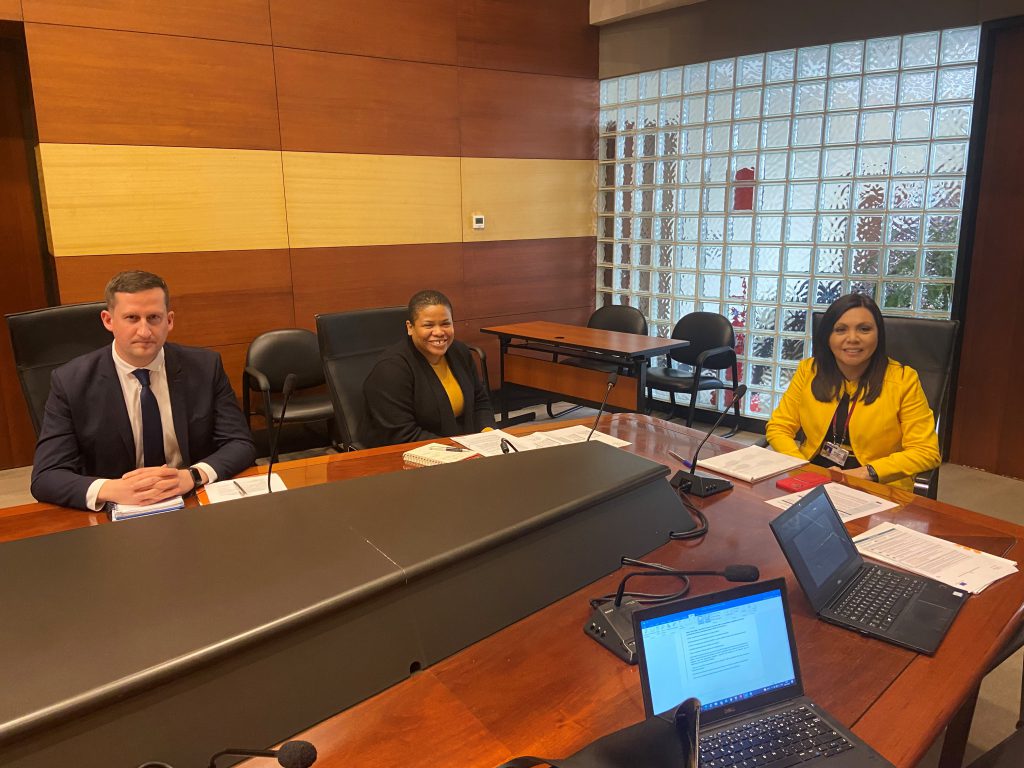
Strengthening regulatory foundations for diaspora institutional performance and coordination in Peru
More than 3 million Peruvians are living abroad – mainly in the Americas, Spain and Italy – comparable to almost a tenth of Peru’s entire population. The diaspora mainly engage with their heritage country by sending remittances to their families and acting as ambassadors of Peru’s rich culture. However, diaspora engagement is gradually gaining more importance in the country.
Diaspora issues are under the responsibility of the Directorate General for Peruvian Communities Abroad and Consular Affairs (DGPCA) under which the Directorate for Protection and Assistance to Nationals (ASN) is located. In 2015, the Migration Policy Department (PIM) was created as one of three sub-directorates under the ASN. However, concrete and clearly-differentiated functions of each office are yet to be developed. PIM’s tasks depend on daily needs rather than on an official institutional distribution. The Peruvian MFA has therefore identified a need to clarify the work and functions of its agencies working with the diaspora, specifically the PIM, in order to address diaspora needs in a more coherent and efficient manner. EUDiF’s assistance was requested in strengthening the PIM institutional framework, to delimit its mandate as part of the ASN and define its practical functions vis-à-vis the sub-directorates for Assistance to Nationals (SSN) and Protection to National Collectivities (PCN).

Programme of activities
EUDiF is assisting the Peruvian MFA in strengthening their regulatory framework for improved institutional performance and coordination in the field of diaspora engagement in two phases: stocktaking followed by blueprint drafting.
Through desk research and interviews with authorities, expert Dr Mariela Noles conducted a needs assessment of the current organisational capacity of diaspora affairs within the DGPCA.
Expert Dr Benoît Mougenot, gathered and reviewed the information that the MFA has on the Peruvian diaspora and existing data from previous consultations.
Using the information obtained from the needs assessment, Dr Mougenot conducted a research on the institutional framework of similar institutions in other countries in Latin America and the Caribbean, which could guide the subsequent work.
Focus groups with Peruvian diaspora were organised to receive first-hand input from diaspora and understand their needs.
From the review of relevant practices, government representatives from the region with relevant institutional structures (Chile and Ecuador) were invited to a peer learning workshop with members of the Peruvian MFA.
With the support of experts Dr Noles and Dr Mougenot, sessions were organised with staff members from ASN to jointly draft the blueprint for ASN’s regulation of organisation and functions related to diaspora engagement.


